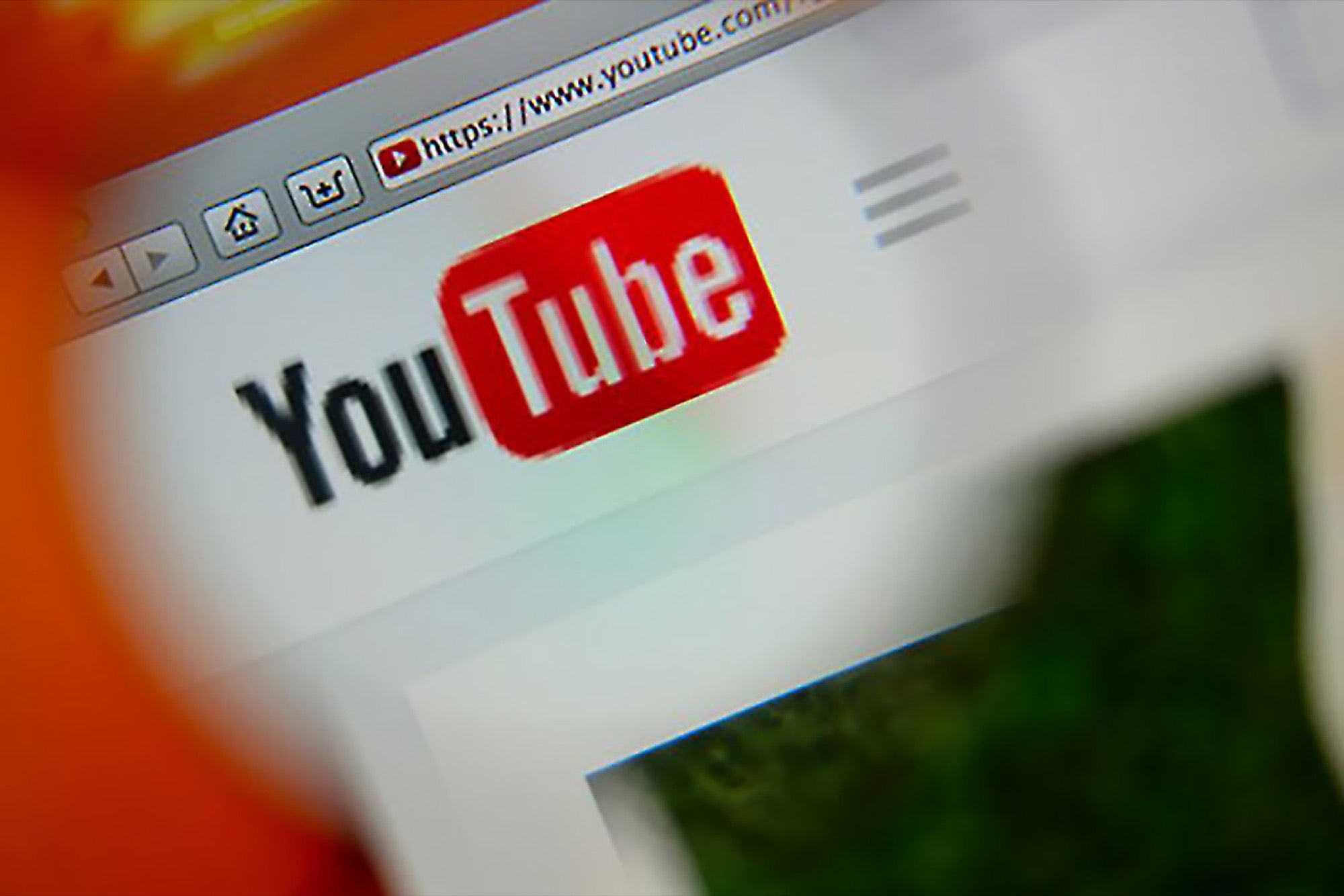Google Tweaks Ad Policy After Uproar Over Offensive Content Google is making good on a promise to more closely monitor advertisements that appear alongside YouTube videos and give brands more control over where their ads appear.
This story originally appeared on PCMag

Google on Tuesday announced some changes to ensure that brands' advertisements don't appear next to horrible, offensive content.
The move comes after the British government pulled millions of dollars worth of advertising from YouTube after an investigation by The Times of London found that the government's ads were showing up alongside videos from "rape apologists, anti-Semites and banned hate preachers." In response, Google last week pledged to more closely monitor advertisements that appear alongside YouTube videos, and give brands more control over where their ads appear.
Now, the web giant is taking the first steps to make good on that pledge.
"Starting today, we're taking a tougher stance on hateful, offensive and derogatory content," Google's Chief Business Officer Philipp Schindler wrote in a blog post. "This includes removing ads more effectively from content that is attacking or harassing people based on their race, religion, gender or similar categories."
Google will also ensure that ads only show up alongside videos from legitimate creators in the YouTube Partner Program. Plus, "the YouTube team is taking a hard look at our existing community guidelines to determine what content is allowed on the platform -- not just what content can be monetized," Schindler wrote.
In the coming days and months, Google plans to introduce new tools to help advertisers more easily manage where their ads appear across YouTube and the web. Advertisers will be able to exclude specific sites and channels from their campaigns, fine-tune where their ads appear and more easily see where their ads are running. Google is also changing the default setting for ads so that they don't show on "objectionable content."
"We'll be hiring significant numbers of people and developing new tools powered by our latest advancements in AI and machine learning to increase our capacity to review questionable content for advertising," Schindler wrote. With these changes, Google should be able to resolve any issues that arise "in less than a few hours."









